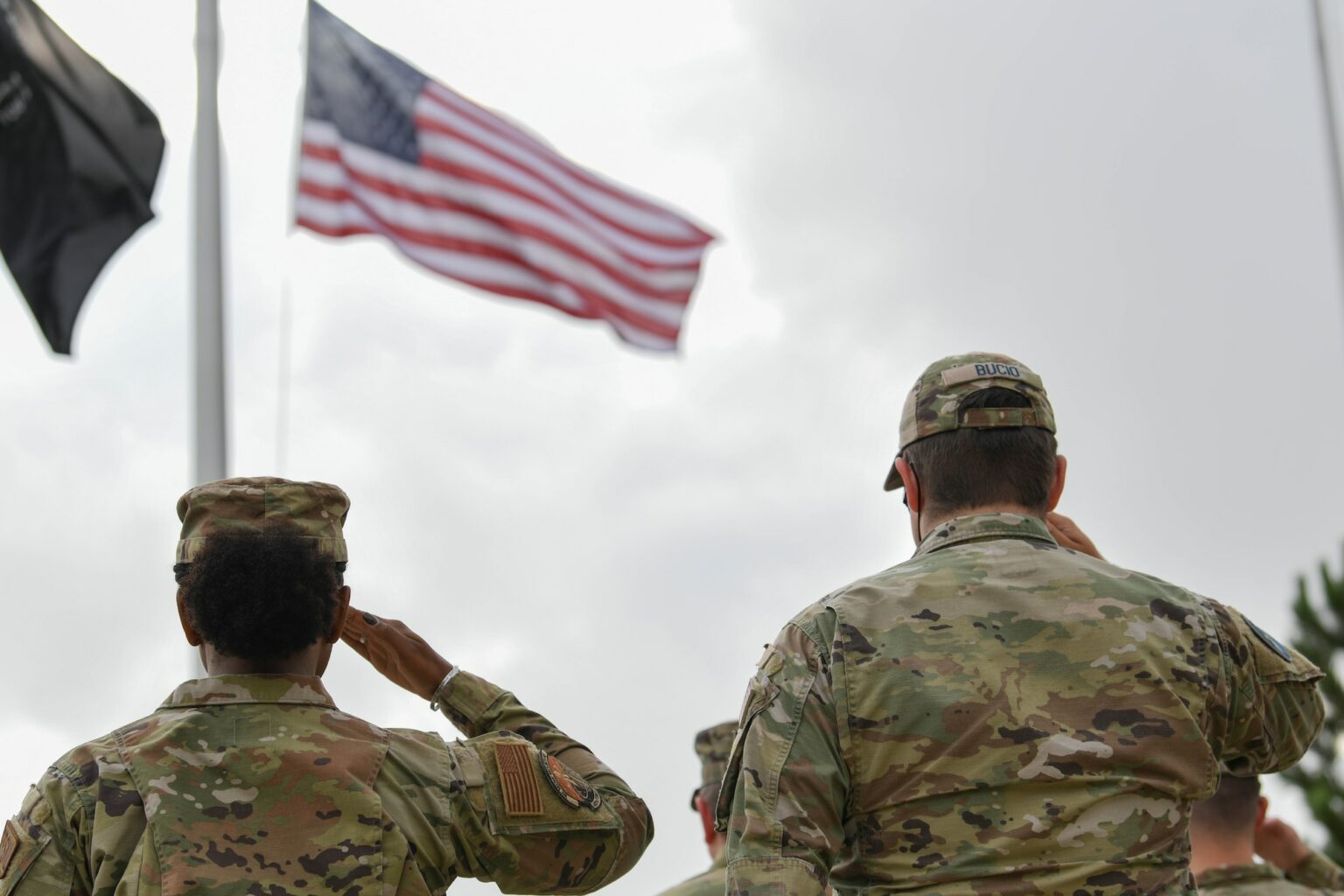In the United States, elections are a common occurrence, and with a presidential election on the horizon, there are many opportunities for citizens to participate in the democratic process. Military personnel and federal employees are encouraged to fulfill their obligations as citizens, including the right to participate in the political process. However, it is important to be aware of guidelines that apply to service members and federal employees regarding acceptable behavior in political activities. While individuals have the right to personal political beliefs, they must ensure that their actions do not imply official endorsement by the Department of Defense or Department of the Air Force.
Department of Defense Directive 1344.10 outlines permitted and prohibited political activities for active duty, Reserve component, and retired service members, while the Hatch Act governs political activities for civilian employees. Violations of these directives could result in disciplinary actions under the Uniform Code of Military Justice or other penalties. Service members and employees are encouraged to participate in the political process but must be cautious about engaging in political activities in the workplace or using their official positions to advocate for or against political issues.
Active duty service members have specific guidelines on what they can and cannot do regarding political activities. They are allowed to register to vote, express personal opinions on candidates and issues, and participate in certain political activities outside of duty hours. However, they are prohibited from attending political events in uniform, expressing personal opinions as official policy, and engaging in partisan political fundraising activities. Civilian employees also have restrictions on their political activities, with consequences for violating these rules ranging from reprimand to removal from federal employment.
Federal civilian employees are categorized as “Further Restricted” or “Less Restricted,” with different rules applying to each category. While all employees are allowed to register to vote and express personal opinions on political matters, there are limitations on using official authority to interfere with elections, soliciting political contributions, and participating in political activities while on duty or in government buildings or vehicles. It is important for service members and federal employees to be aware of these guidelines and consult with their legal offices if they have any questions or concerns about their personal political activities.









